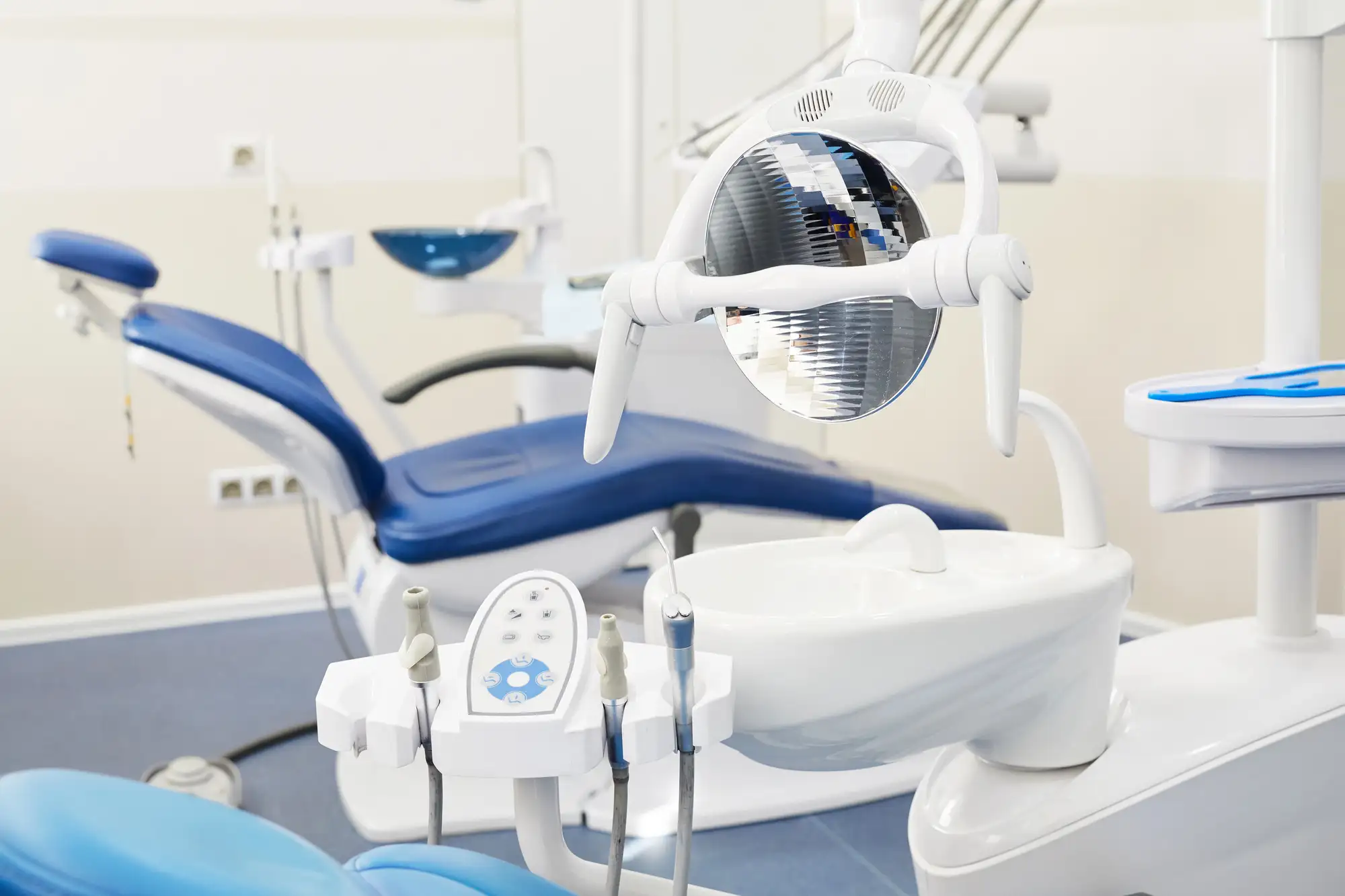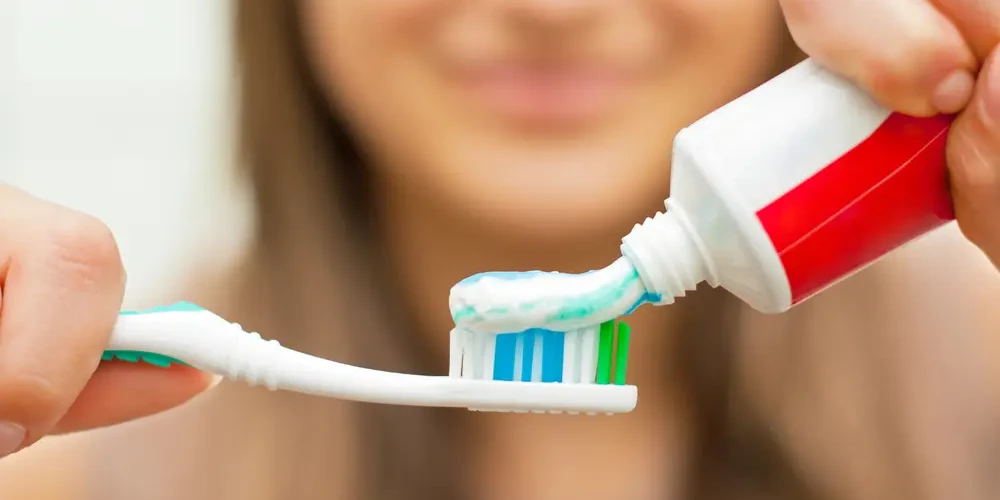The BC Dental Association (BCDA) Fee Guide, produced annually by the British Columbia Dental Association (BCDA), serves as a suggested pricing guideline for dental services across the province. Effective from February 1 to January 31 each year, the guide includes over 1,400 dental codes and descriptions for various treatments. While these suggested fees help inform dental plan coverage, it’s important to note that dentists are not obligated to adhere to them.
Do Dentists Need to Follow the Provincial Fee Guide?
No, dentists are not required to follow the provincial fee guide. Many dental practices consider it when setting their fees, but ultimately, they determine their own costs based on several factors, including the complexity of the treatment, the costs of materials and equipment, and the operational costs of running a dental clinic.
Is My Dentist Allowed to Charge More Than the BCDA Fee Guide?
Yes, dentists can charge more than the suggested fees in the British Columbia Dental Association (BCDA) Fee Guide. Dental practices must comply with the Health Professions Act of BC, ensuring high standards of patient safety and care. The cost of dental care includes expenses such as specialized equipment, sterilization protocols, professional staff, laboratory fees, and the clinic’s location. Each patient’s treatment complexity also influences the final cost.
Is It Possible to Receive a Cost Estimate for Dental Treatment Before My Visit to the Dentist?
Yes, you can request an estimate for dental treatment. During an initial examination, the dentist will assess your oral health, review your medical history, and discuss any symptoms or concerns. Based on this assessment, the dentist will recommend treatment options and provide an estimated cost. However, the final cost may vary as treatment progresses and more factors come into play.
Can I Get a Second Opinion if the Cost Estimate Seems High?
Absolutely. It’s crucial to feel confident about any dental treatment. If you’re unsure about a proposed treatment plan or its cost, you can seek a second opinion. Be aware that the second dentist will need to conduct their own examination, which might incur additional costs. This examination is essential for the dentist to understand your dental health thoroughly before providing an alternative treatment plan.
Why Can't a Dentist Provide a Second Opinion Without an Examination?
A dentist must perform a thorough examination to offer an informed opinion on your dental care. This process involves understanding all factors affecting your oral health, diagnosing any issues, and recommending appropriate treatments. An accurate examination is crucial for developing a reliable treatment plan and cost estimate.
Where Can I Obtain a Copy of the Dental Fee Guide?
You can refer to the 2024 Abbreviated General Practitioner’s Suggested Fee Guide (PDF) for information on common dental procedures and suggested fees. This abbreviated guide provides a general overview but may not cover the specifics of your treatment and its associated costs.
Note:
- Suggested Fees: The fees listed in the guide are only recommendations. Dentists set their own fees based on various factors.
- Cost Variations: Dental treatment costs can differ based on practice, location, and individual patient needs. Laboratory fees may also vary.
- Multiple Codes: The complete BCDA 2024 Suggested Fee Guide, available in public libraries, includes over 1,400 codes for a wide range of dental procedures. Your treatment plan might involve one or several of these codes.
How to Read the Abbreviated Fee Guide:
The abbreviated guide lists common procedures with corresponding codes and suggested fees.
Note:
- One Unit of time = 15 minutes; One Half Unit = 7.5 minutes
- +E indicates additional expenses for materials; +L denotes commercial or in-house laboratory costs.
What You Can Do:
- Discuss with Your Dentist: Review all treatment options and associated costs with your dentist before proceeding.
- Check Fee Guide Usage: Ask if your dental office uses the suggested fee guide for billing. Confirm all costs before starting treatment and request a written estimate for complex procedures.
This approach ensures you have a clear understanding of the fees and can make informed decisions about your dental care.
What Factors Influence the Fees Outlined in the BC Dental Fee Guide?
The fees in the BC Dental Fee Guide are determined based on various elements, including the cost of materials, equipment, staff salaries, and operational expenses. These factors ensure that dental practices can provide high-quality care while covering their costs.
Do All Dentists Charge the Same Fees?
No, dental fees can vary significantly between practices. Each dentist sets their fees based on the unique costs of their practice, the complexity of the treatments they offer, and their geographic location.
Do Insurance Companies Help Determine the BCDA Fees?
Insurance companies do not collaborate with the BCDA to set the fees in the guide. However, many dental plans base their coverage on the suggested fees and codes outlined in the guide, sometimes using previous years’ guides as a reference.
How Can I Ensure That the Fees Charged by My Dentist Are Reasonable?
To ensure your dentist’s fees are fair, you can discuss the costs and ask for an explanation of the charges. Comparing estimates from different dentists for similar treatments can also provide insight into reasonable pricing.
Is It Advisable to Discuss the BCDA Fee Guide With My Dentist?
Yes, discussing the BCDA fee guide with your dentist can help you understand the costs associated with your treatment and how they compare to the suggested fees. This conversation can also provide clarity on any variations in pricing.
What Are Some Strategies for Reducing the Cost of Dental Services?
Preventative care is the most effective way to keep dental costs down. Regular dental hygiene cleanings and good oral health practices at home—such as brushing and flossing daily, limiting sugary foods and drinks, and avoiding smoking—can prevent complex and costly dental issues. Additionally, diagnosing problems early can save you from more expensive treatments later on.
Discussing treatment options and their costs with your dentist can also help manage expenses. Ask if your dental office follows the suggested fee guide and request an estimate before proceeding with any treatment.
You may also like
Best Whitening Toothpaste: A Guide to Brighter Smiles
Explore top whitening toothpastes for a brighter smile. Our guide highlights key products, ingredients & tips to remove stains & maintain oral health.
Wisdom Teeth Pain Relief —Soothe Wisdom Teeth
Discover a range of solutions for alleviating wisdom teeth pain, from home remedies to professional treatments, to ease discomfort and aid recovery.
Wisdom Tooth Pulled Infection
Discover the symptoms of infection following wisdom tooth removal, along with causes and treatments to aid healing and prevent further issues.
How Long Does Wisdom Teeth Removal Take
Find out how long wisdom teeth removal typically takes, including the procedure duration and factors that can influence the time needed for a successful extraction.





